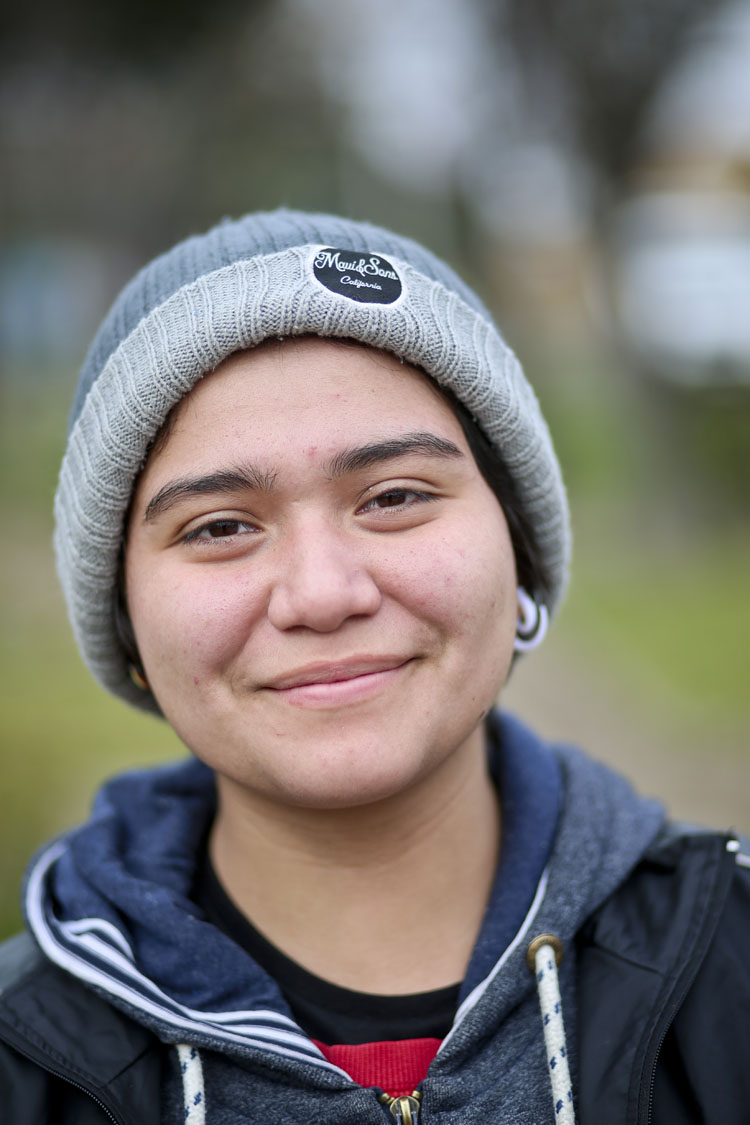
Treatment for gender identity disorder managed by psychologists, psychoanalysts, and sexologists included control of children’s access to toys, friends, or clothing, and withdrawal of parental, and particularly maternal, affection (Ehrensaft 2012 Gill-Peterson 2018). Gender clinics assessed children’s nonconformity, scrutinizing interests or behaviours that they considered gender atypical, and therefore pathological (Bryant 2006). Childhood gender diversity was pathologised in the Diagnostic and Statistical Manual of Mental Disorders (DSM) with the diagnosis of “gender identity disorder” prominent until 2013 (Davy and Toze 2018). Gender clinics across multiple countries embarked on the control and coercion of trans and gender diverse children, applying practices of physical, emotional, and psychological abuse (Bryant 2006 Gill-Peterson 2018). Īcross the 20th century medical establishments problematised childhood gender diversity (Gill-Peterson 2018). : Trans Children's Experiences with UK Gender Clinics." Bulletin of Applied Transgender Studies 1 (1-2): 47-70. This is an open access article distributed under the terms of theĬreative Commons Attribution-NonCommercial-NoDerivatives 4.0 International License (CC BY-NC-ND 4.0) It demonstrates the harms pf the status quo and the need for systemic reform, providing modern affirmative care for younger trans children. The article presents evidence of continued pathologisation and problematisation of childhood gender diversity in UK children’s gender clinics. Themes are presented on 1) inappropriate assessment of gender 2) trans children under pressure and 3) distress and trauma in UK gender clinics.


Data were drawn from semi-structured qualitative interviews with ten trans children and 30 UK-based parents of trans children, focusing on children’s pre-pubertal engagement with UK gender clinics. Data focused on a cohort of trans children who socially transitioned under age eleven. This study aimed to understand pre-pubertal trans children’s recent experiences in non-affirmative gender clinics in the UK.


Little evidence is available on how trans children experience non-affirmative gender clinics in early childhood. Gender clinics engaging with pre-pubertal trans children are divided between those that endorse a gender affirmative approach and those that do not. Trans Children's Experiences with UK Gender Clinics


 0 kommentar(er)
0 kommentar(er)
